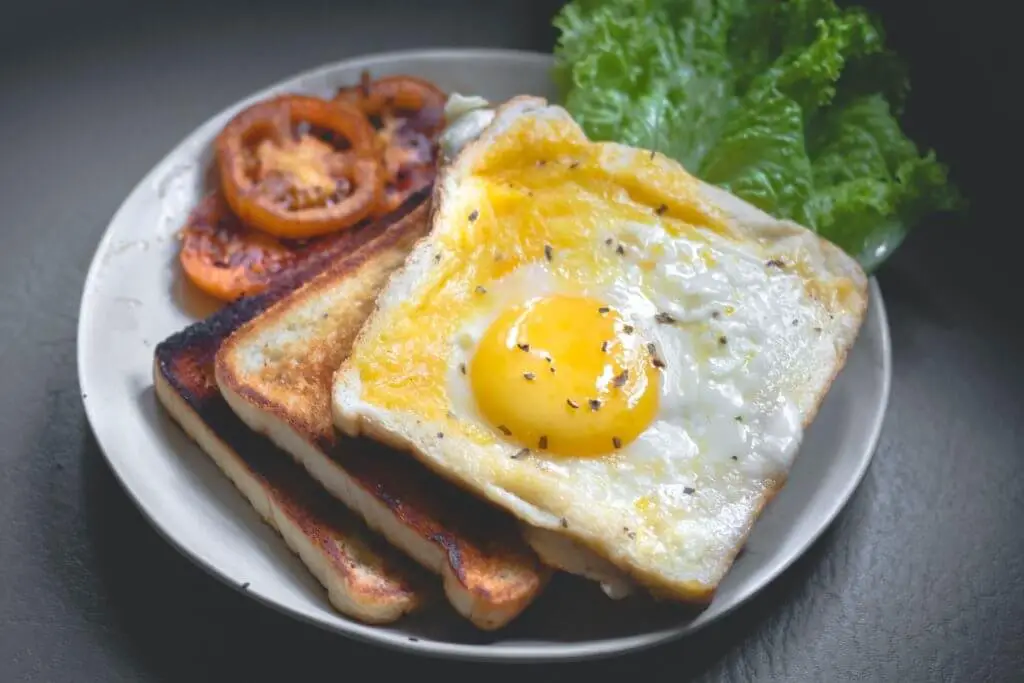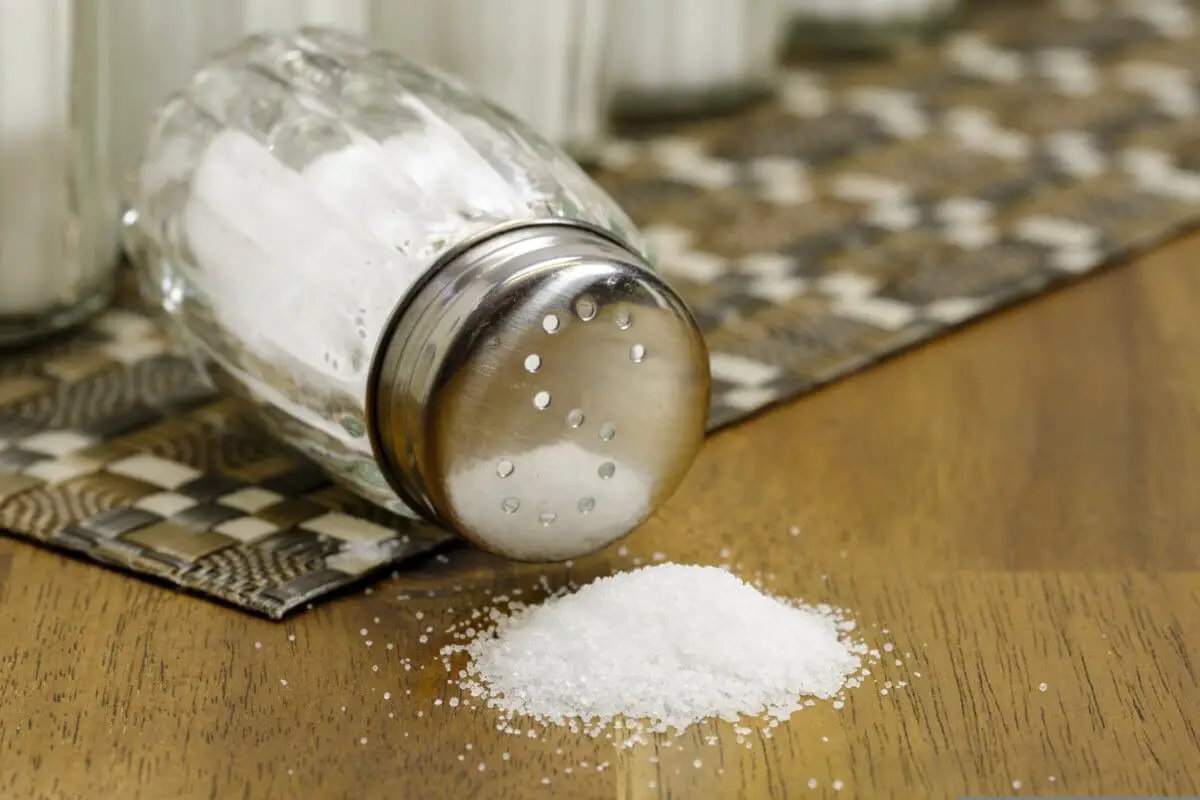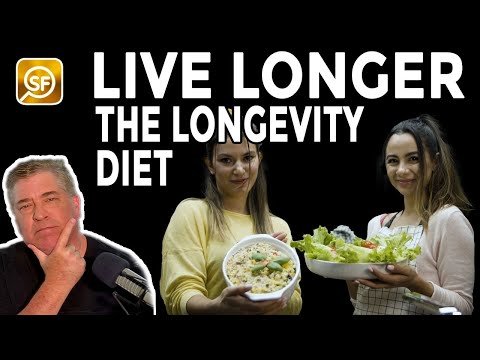Scrolling through TikTok about gut health, watching a diet pill commercial, or reading a “health” magazine has probably put all sorts of different diet ideas in your head. So what is the right thing to believe in? It’s hard to really know. Especially when even fellow health professionals can sometimes spread false nutritional information.
It’s easy to feel torn about what to believe, and I fall for it too as a dietitian. However, there are some important things that need to be clarified. Here are five (of many) nutritional mythsand why they must go forever:
1. Healthy eating is expensive
This is a very common misconception online. In part, this is the fault of the internet “health gurus” who post their spirulina shakes, expensive protein powders, and organic-only Erewhon roundups. This can understandably skew your views on what it means to eat a healthy diet, but you really don’t Need none of these. There are so many convenient and highly nutritious foods that are easy to incorporate into your diet and keep you full.
Try to opt for frozen rather than fresh fruits and vegetables (they are nutritionally equivalent and sometimes frozen is even better). Gather more beans, potatoes, eggs, and oatmeal. Another way to cut costs is to source your food from a local farmer’s market whenever possible. The food is likely to be higher quality, more sustainably produced, and less expensive for you.

2. Low-fat and fat-free options are better
The fat-free and low-fat trend was pretty big in the 80s and 90s, but unfortunately people are still big fanatics today. Not the fat Do you are fat, contrary to what you may have heard before. In fact, fat is essential for organ protection, cell membrane construction, hormone health, and the absorption of certain nutrients such as vitamins A, D, E, and K.
Also, many low-fat and fat-free products will replace the fat with more sugar and/or salt to still make sure there’s flavor. Fat helps you feel fuller, longer. Opting for fat-free could end up backfiring if you’re trying to lose weight because you don’t feel full. While you should always check the labels on these products and know that fat is healthy for you, that doesn’t mean you should go out and eat as many fried foods as you can.
3. Egg whites are healthier
Egg whites are a favorite of so-called “GymTokers” (TikTok gym rats) looking to lose fat. They have much less fat and contain fewer calories, while maintaining a solid protein content. For this reason some people prefer them to whole eggs, to be able to eat more.
However, when you remove the yolk, you also remove a lot of it vitamins and minerals with it. Some also claim that the cholesterol in eggs is what raises blood cholesterol and drives heart disease, but that’s old news and has since been completely debunked.

4. There is a ‘better’ diet
People are unique. When you start to dive into “this diet is the best” territory, things get dicey. Often these statements have no consideration for the chronic illnesses people have, the elimination of one or more food groups, and/or really definitive language.
Nutrition research isn’t always the best and often has many inconsistencies, but that doesn’t mean there isn’t some kind of blueprint. This is what everyone can agree on so far:
- Fiber is an incredibly important part of reducing chronic disease and colon cancer risk (so no long-term keto and eat fruits and veggies)
- Added sugar and refined carbohydrates should be limited to avoid chronic disease and other health complications
- Trans fats wreak havoc on the body and should be avoided
- Maintain adequate vitamin D levels for optimal health
- Supplements cannot and should never be used as a substitute for food
5. Salt is bad for you
This is big. Current guidelines suggest not exceeding 2,300 mg per day, which is largely doable if you aren’t eating a diet high in processed foods. Because too much sodium can lead to things like high blood pressure, salt has been considered a villain.
Less discussed is like salt it is essential. It is essential for fluid balance, nerve health, nutrient absorption, muscle function and physical performance. It is estimated that in an hour of exercise your body can lose any point From 500 to over 1,200 mg of salt. This means that eating more salt to replenish this becomes crucial. With electrolytes (potassium, sodium, magnesium), it’s important to make sure there’s a proper balance rather than limiting salt as much as possible.

Bottom line
Take everything you see online with a grain of salt (pun intended). If you see a big nutrition claim, be sure to think twice and maybe ask your doctor or dietitian about the validity of it before making any changes to your lifestyle.
you may also be interested in:

#Dietitians #View #Debunking #Biggest #Nutrition #Myths #Online
Image Source : studyfinds.org